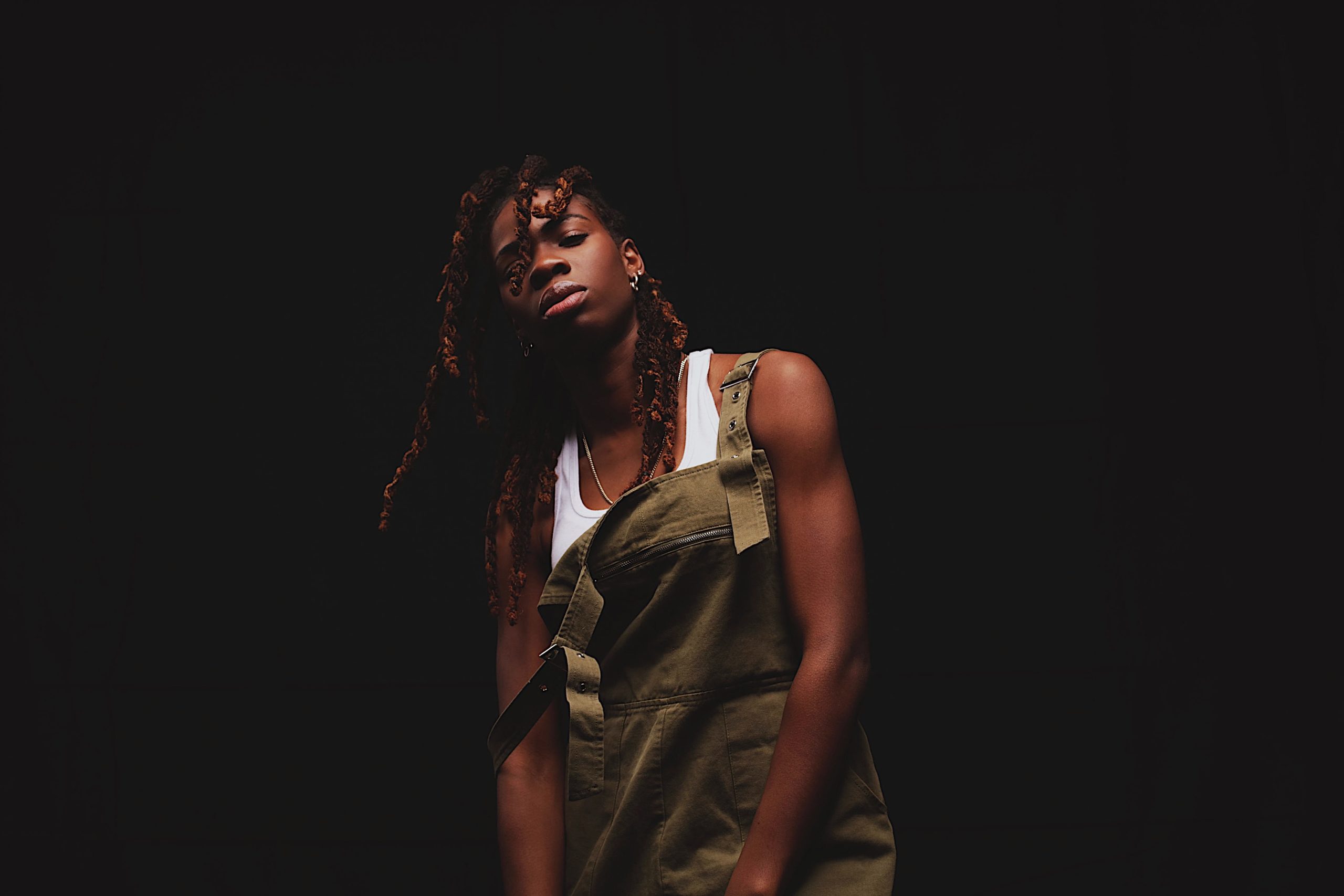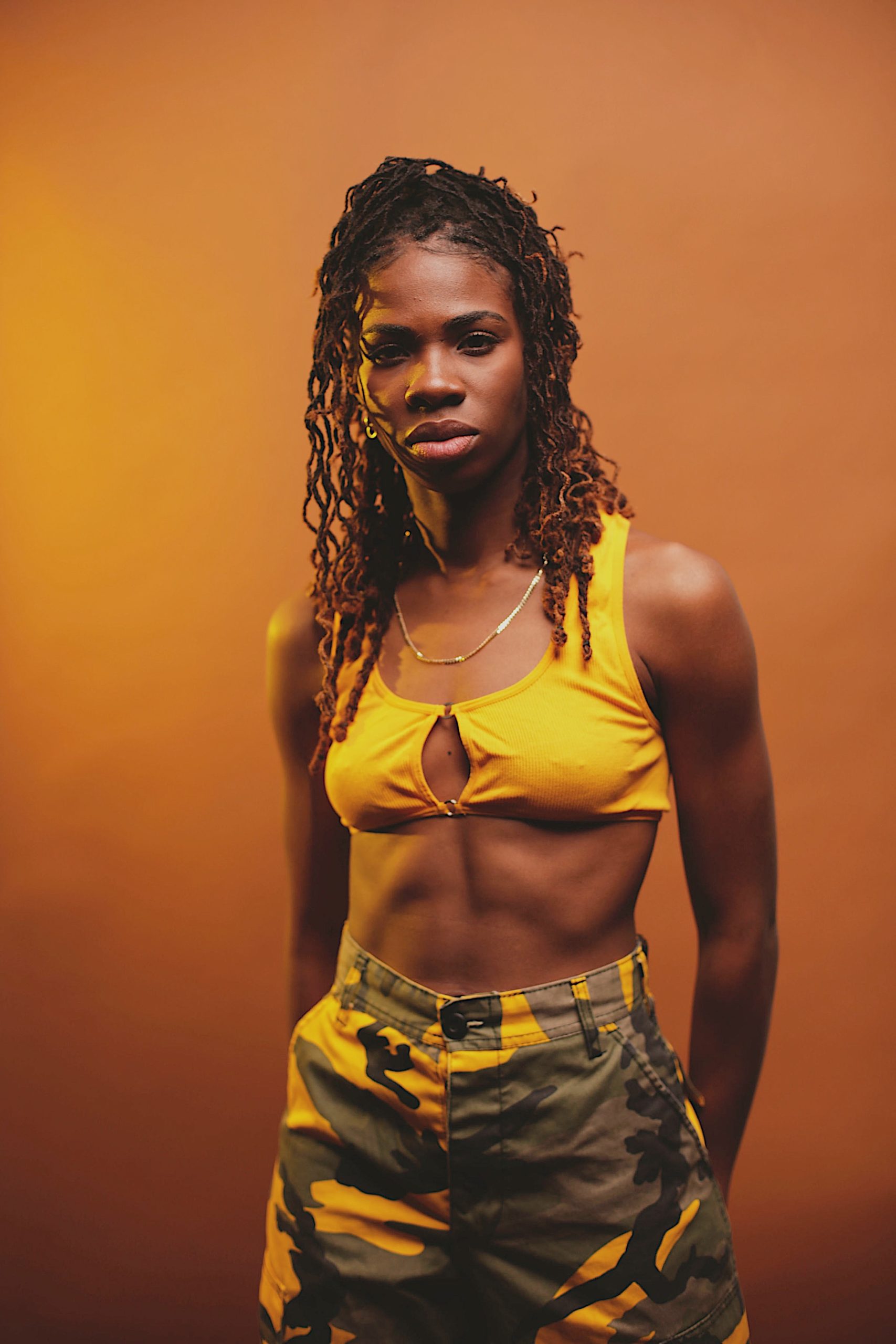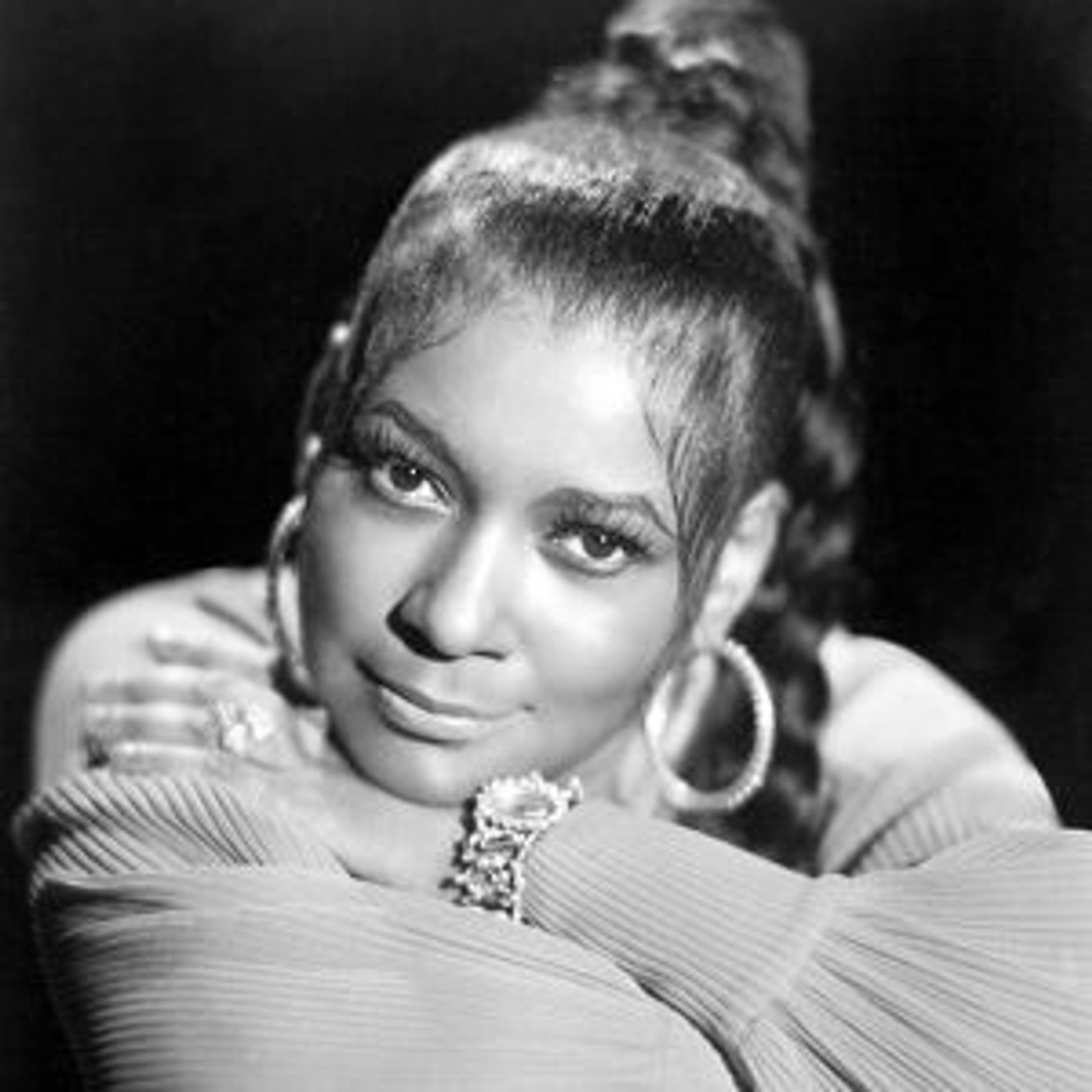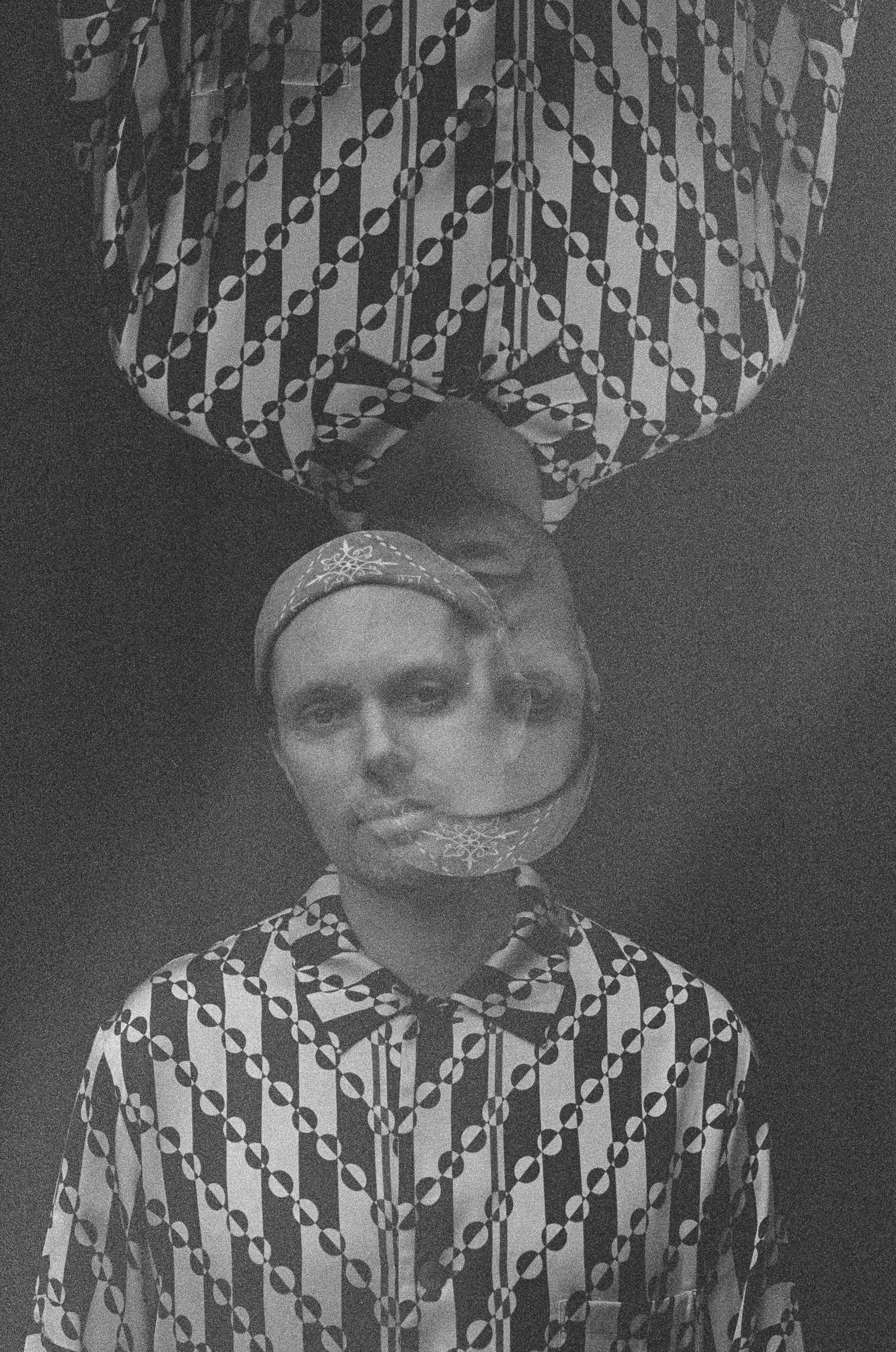Polaris Prize-Winner Haviah Mighty on the Power of Underdogs
Music to talk about.

Processed with VSCO with m3 preset
Haviah Mighty is power personified. The command that her voice, flow, and performance hold over audiences attests to a confidence as natural as her real name: Mighty.
The Toronto-based rapper has been making strides in the Canadian hip hop scene since 2016, first as part of an all-female rap group called the Sorority and later as a solo artist, landing a featured song on HBO’s Insecure along the way. Her debut album, 13th Floor, won the Polaris Prize last year—an award given to Canadian artists on the basis of pure merit, as opposed to sales.
Mighty made history as the first black woman and the first rapper to ever win the award. It’s a fitting distinction for the 27-year-old, who, citing rappers like Missy Elliott, Eve, and Lauryn Hill as her inspirations, says her music is made for and by underdogs.
“I am an underdog in the rap world. I’m a dark-skin, female, Canadian rapper,” says Mighty. “It adds to me having to work a certain amount harder, which I’m happy to do.” Mighty’s lyricism expresses her underdog narrative with unapologetic delivery. On the first track of 13th Floor, “In Women Colour,” Mighty raps with conviction: “I gotta do two times more to get four times less/ But it’s cool ’cause I’m sharper in the end/ Still, let’s talk about it.”
Sonically, an unbridled sense of emotion is contained within her verses, which flow between fast-paced and melodic with fluidity. There’s an echo of ’90s-style raw hip hop in her vibe mixed with the contemporary hype of trap, a confluence Mighty alludes to as she raps: “And I courier the boom bap over new trap,” on “In Women Colour.”

Mighty sees her debut album as an open invitation for discussion.
The album title choice of 13th Floor holds a symbolic weight for the rapper, too. The number 13 is unlucky, so much so that in some buildings there is no labelled 13th floor—it skips to the 14th instead. For Mighty, this cultural aversion to the number 13 paralleled her own experience with people dismissing her narrative. “Many times I’ve been told professionally, as a black woman in Canada, that the things that I’ve experienced aren’t real or aren’t as big as they seem,” she explains. “The parallel is in these things existing and us pretending that it doesn’t.”
Mighty’s song “Thirteen” is also rooted in the historical significance of the number, referencing the 13th amendment of the United States Constitution. In the song, Mighty raps: “Then came the 13th amendment/ Written in 1865/ It said slavery is over, except it’s pay for doing crime/ And then the things that they made illegal/ Are things you associate with people/ Who now, education isn’t equal.”
“Writing that song, it didn’t feel like I was writing about opinion,” says Mighty of “Thirteen.” “I was writing about fact.”
Intention is important; every word in her songs serves a purpose, and Mighty sees her debut album as an open invitation for discussion. “When I talk about racial [issues] in my music, the intention is for everyone in the room to come to the same level of understanding on that topic,” she says. “That would be solidarity. And that’s something I would love to see more of.”
Yet Mighty sees value in a certain amount of discomfort felt from her music and in navigating what “breaking down the walls of that discomfort looks like.” Tiptoeing past the line between our comfort and discomfort stimulates a conversation, and “you can get a lot of change through discussion and dialogue,” says Mighty.
Photos by Adeyemi Adegbesan (@yung.yemi).
________
Never miss a story. Sign up for NUVO’s weekly newsletter here.








